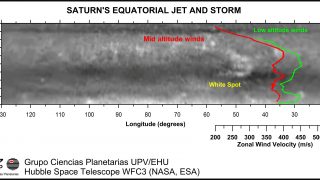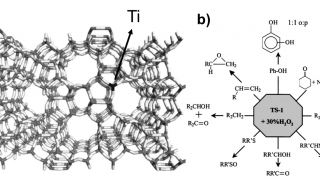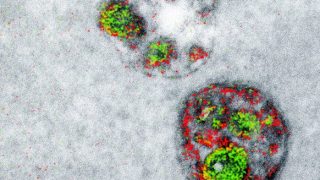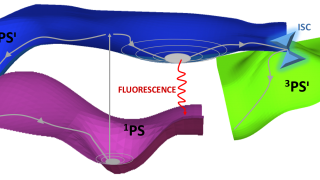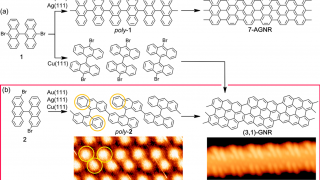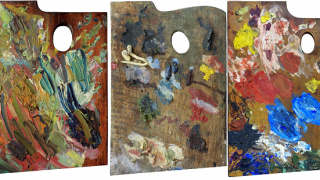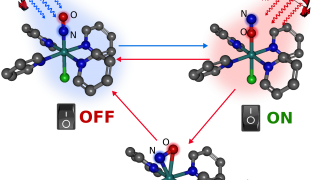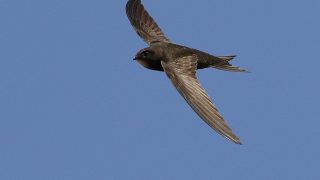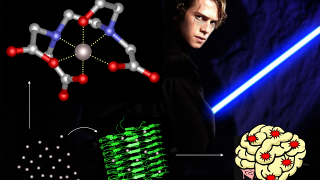
Endorphins and tearjerker movies
Group activities like dancing, laughing, and singing, release endorphins in the brain. These endogenous opioid neuropeptides produce a feel-good sensation, increase pain tolerance acting as analgesics, and presumably help to form stronger bonds between members of the group. One conceivable explanation for our amusement of comedy might be that it makes us laugh, and thus […]
